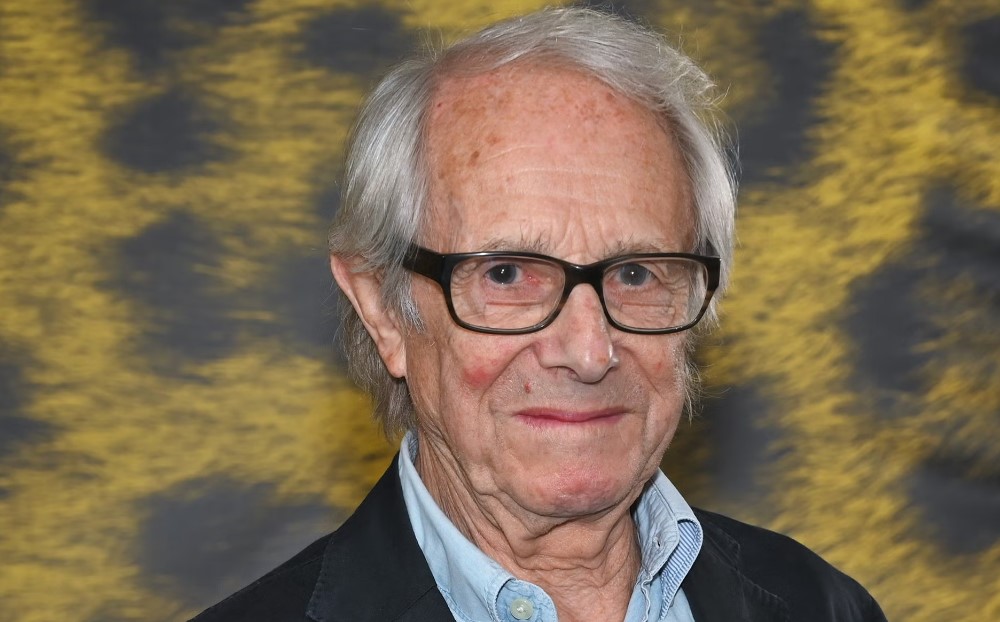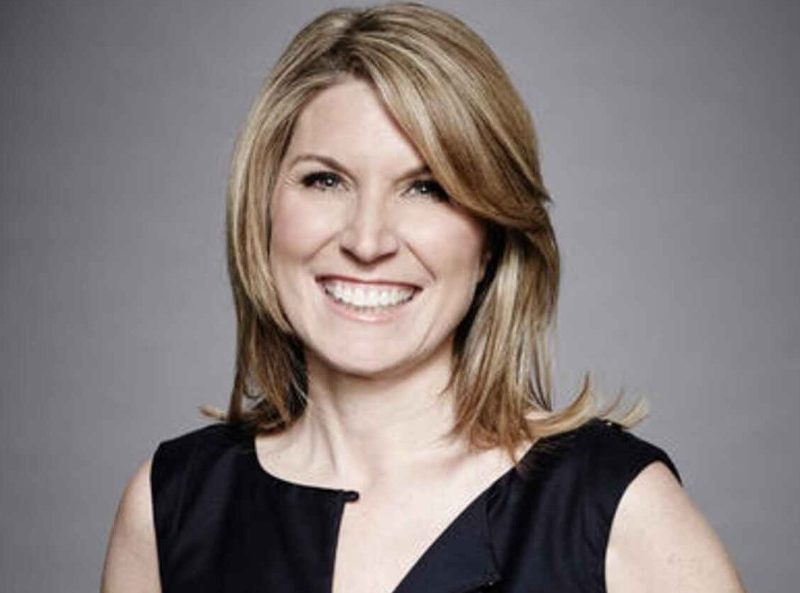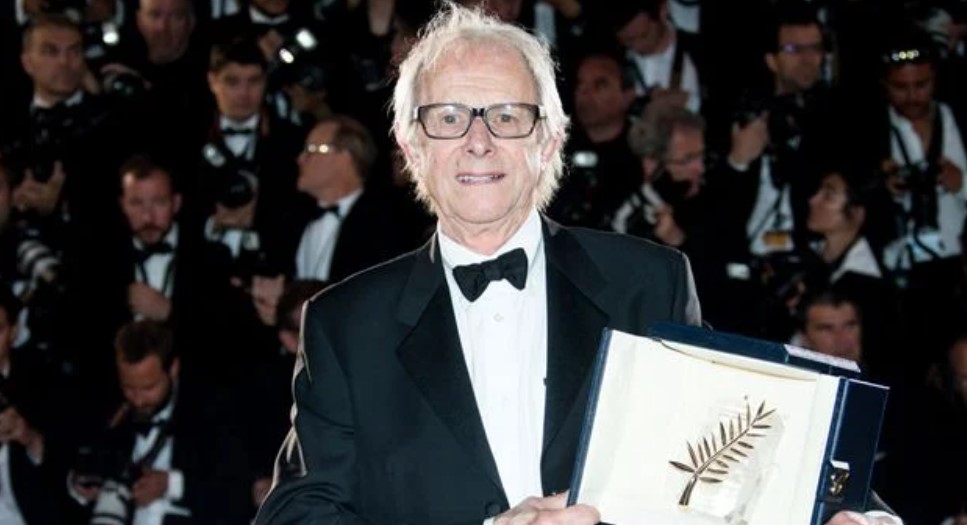
Ken Loach: 9 Ways to Contact Them (Phone Number, Email, House address, Social media profiles)
Ken Loach: Ways to Contact or Text Ken Loach (Phone Number, Email, Fanmail address, Social profiles) in 2024- Are you looking for Ken Loach 2024 Contact details like his Phone number, Email Id, WhatsApp number, or Social media account information that you have reached on the perfect page.
We are attempting to answer many of the most frequently asked questions by Ken Loach fans, and a large percentage of them are related to contact information. There is a lot of information about Ken Loach’s Fan Mail Address, Autograph Request Address, Phone Number, Email Address, and more details that you can learn about in the following sections of this article.
Ken Loach Biography and Career:
A British film director and screenwriter, Kenneth Charles Loach was born on June 17, 1936. He is a member of the Commonwealth. Both his socially critical directorial approach and his socialism are readily apparent in the way that he handles social concerns in his films, such as poverty (Poor Cow, 1967), homelessness (Cathy Come Home, 1966), and labor rights (Riff-Raff, 1991 and The Navigators, 2001).
The British Film Institute conducted a survey in which they ranked the film Kes (1969) by Loach as the seventh-greatest British film of the 20th century. His films, The Wind That Shakes the Barley (2006) and I, Daniel Blake (2016), were both honored with the Palme d’Or at the Cannes Film Festival. This achievement places him in the exclusive group of nine directors who have been able to win the prize on two separate occasions.
In addition, Loach is the person who holds the record for the most films shown in the main competition at Cannes, with fifteen films. After completing his education at King Edward VI Grammar School, Loach enlisted in the Royal Air Force when he was around 19 years old. After completing his legal studies at St. Peter’s College in Oxford, he received a degree with a third-class standing. In his capacity as a member of the Oxford University Experimental Theatre Club, he directed an outdoor performance of Bartholomew Fair at the Shakespeare Memorial Theatre in Stratford.
Loach embarked on a career in the theatrical arts after graduating from Oxford. After beginning his career as an actor in provincial theater groups, he went on to become a director for both BBC Television and the BBC. The documentaries “Up the Junction” (1965), “Cathy Come Home” (1966), and “In Two Minds” (1967) are among his ten contributions to the Wednesday Play anthology series that features the BBC. They depict members of the working class who are at odds with those in positions of authority over them.
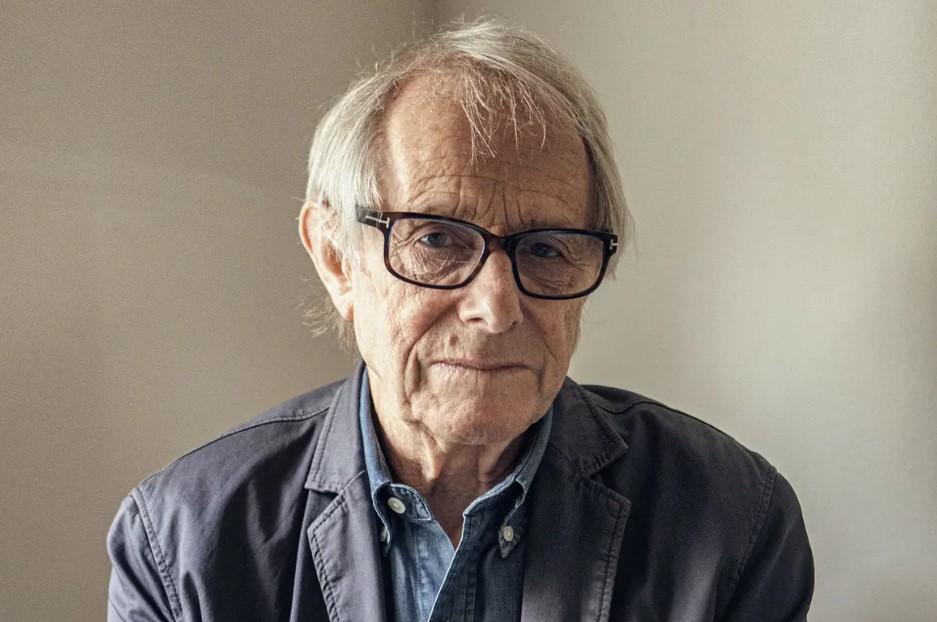
It is reported that three of his early plays never made it to the stage. Three Clear Sundays, which he wrote and performed in 1965, was a drama that dealt with the issue of death punishment. It was televised during a period in the United Kingdom when the discussion was at its peak. The story of an illegal abortion is told in Up the Junction, which was adapted by Nell Dunn from her novel with the aid of Loach. On the other hand, the main characters in Cathy Come Home, which was written by Jeremy Sandford, are impacted by issues such as homelessness, unemployment, and the operations of social services.
The novel Two Minds, written by David Mercer, is about the experiences of a young lady who suffers from schizophrenia and her interactions with the mental health system. Between this period and the end of the 1970s, Tony Garnett started working as his producer, a professional tie that would continue until the end of the decade. In addition, he directed the absurdist comedy The End of Arthur’s Marriage during this period. He subsequently said that he was “the wrong man for the job” about this film.
It was at the same time that Loach started directing feature pictures for the cinema, with Poor Cow (1967) and Kes (1969), that he began his contribution to The Wednesday Play. It is based on Barry Hines’s book A Kestrel for a Knave and tells the narrative of a disturbed youngster and his kestrel. The latter is a retelling of the event. Even though the picture was highly reviewed, its distribution was limited because it was mostly spoken in the Yorkshire dialect throughout. Some American executives at United Artists said that they would have found it simpler to comprehend a film that was made in Hungarian.
It was ranked seventh on the list of the finest British films of the twentieth century that was compiled by the British Film Institute and released in the year 1999. Films directed by Loach had a lower level of success throughout the 1970s and 1980s. These films often encountered difficulties in distribution, a lack of interest, and political restrictions. In 1971, the organization that commissioned his documentary, The Save the Children Fund Film, expressed such strong disapproval of the film that they made an effort to have the negative destroyed.
Only on September 1, 2011, at the British Film Institute Southbank, was it shown to the general audience for the very first time. The majority of the films that Loach directed throughout the 1980s were documentaries for television rather than fiction. Many of these films are now impossible to acquire since television corporations have not released them on video or DVD. To generate income, he directed a few television commercials for Tennent’s Lager around the end of the 1980s.
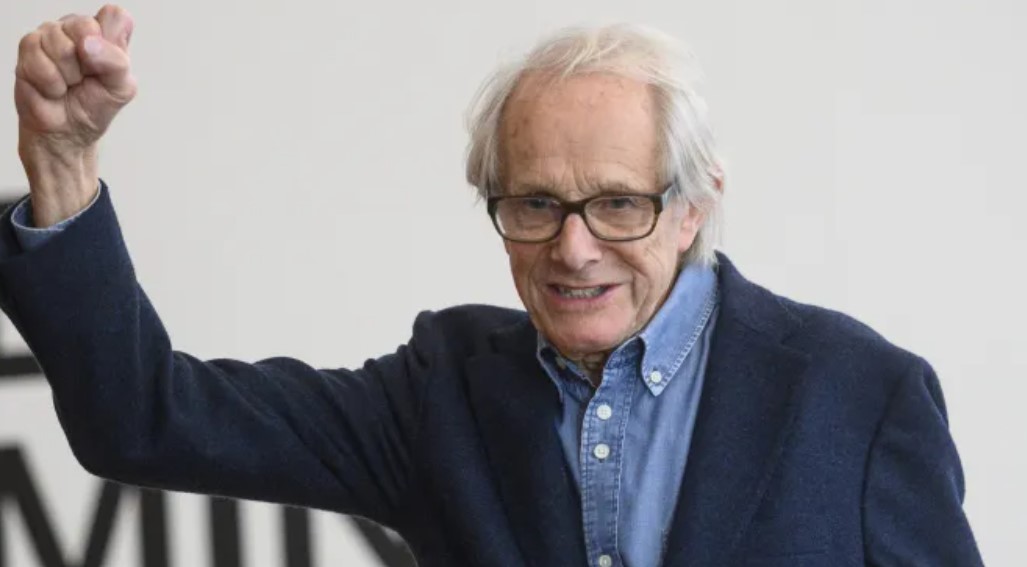
In 1975, Loach directed the four-part drama Days of Hope for the BBC. The playwright Jim Allen was responsible for the texts for the production. It was the first episode of the series that caused a significant amount of controversy in the British media due to its critical portrayal of the military during World War I. In particular, the scene in which conscientious objectors were tied up to stakes outside of trenches given enemy fire caused a great deal of controversy.
After that, a former military member reached out to The Times newspaper with a picture that he had taken during the period of a scenario that was quite similar. In the documentary titled “A Question of Leadership,” which was released in 1981, Loach conducted interviews with members of the Iron and Steel Trades Confederation, which is the primary trade union representing the steel industry in Britain. The interviews focused on the 14-week strike that occurred in 1980. The documentary also recorded a significant amount of criticism directed towards the leadership of the union for giving in on the issues that were at the center of the strike.
Following that, Loach produced a four-part series that was titled Questions of Leadership. In this series, the leadership of other trade unions was exposed to comparable examination from their members; however, this series has never been aired. Following his departure from the interview, Frank Chapple, the head of the Electrical, Electronic, Telecommunications, and Plumbing Union, filed a complaint with the Independent Broadcasting Authority.
The Amalgamated Engineering and Electrical Union’s Terry Duffy filed a second case against the company. As a result of the concerns, Channel 4 made the decision not to show the series during the Trade Union Congress meeting in 1983. The series was scheduled to be aired during the conference. In 2004, Anthony Hayward said that the media magnate Robert Maxwell had exerted pressure on the board of directors of Central Television. Central Television was the successor to the production firm that had sprung from the original Associated Television.
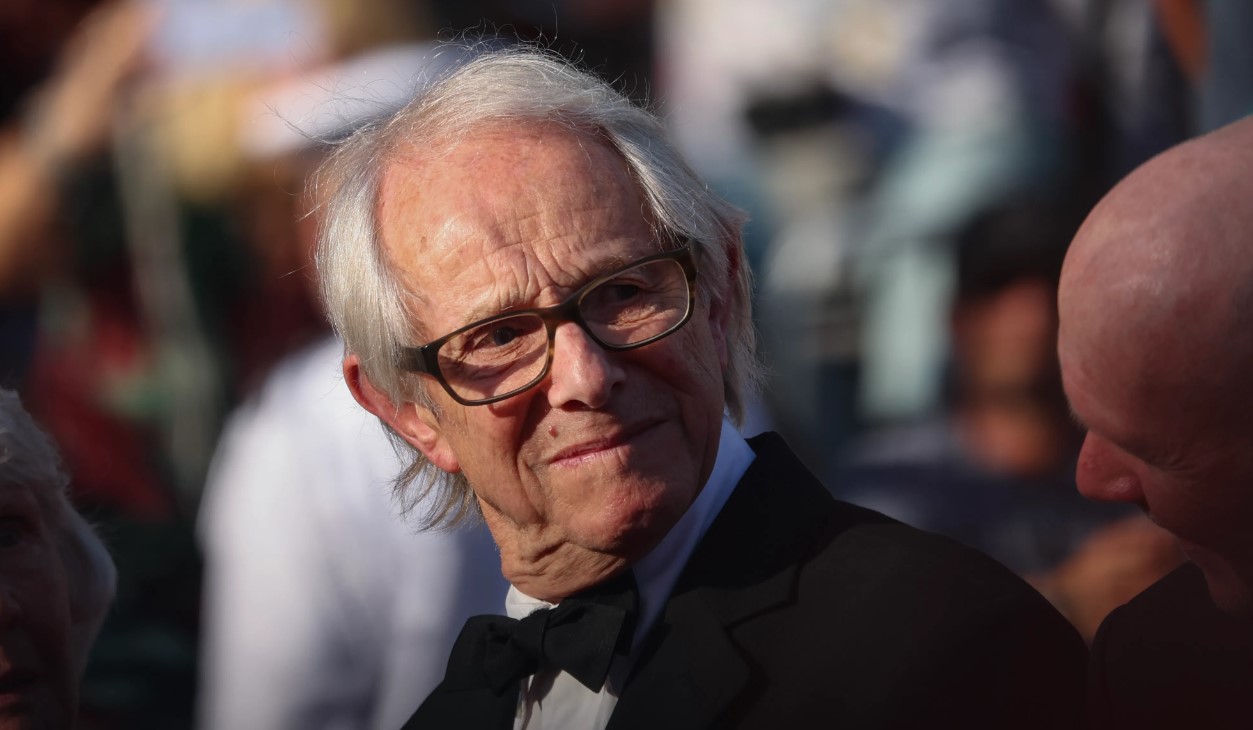
Autograph Request Address of Ken Loach
Requesting a signature from Ken Loach is becoming one of the most popular choices for fans who are hectic and locked in their daily normal routines. If you want Ken Loach’s signature, you may write him an autograph request letter and mail it to his office address.
Autograph Request Address:
If you anticipate a speedy answer, include a self-addressed, sealed envelope. Include a photo of Ken Loach in your autograph request letter if you want a signature on his photo. A response from a celebrity’s office usually takes a couple of weeks, so be patient.
Ken Loach Profile-
- Full Name– Ken Loach
- Birth Sign- Gemini
- Date of Birth– 17 June 1936
- State and Country of Birth– Nuneaton, United Kingdom
- Age -87 years (As of 2024)
- Parents– Father: NA, Mother: NA
- Cousins– NA
- Height– 179 cm
- Occupation– Director
Ken Loach Phone Number, Email, Contact Information, House Address, and Social Profiles:
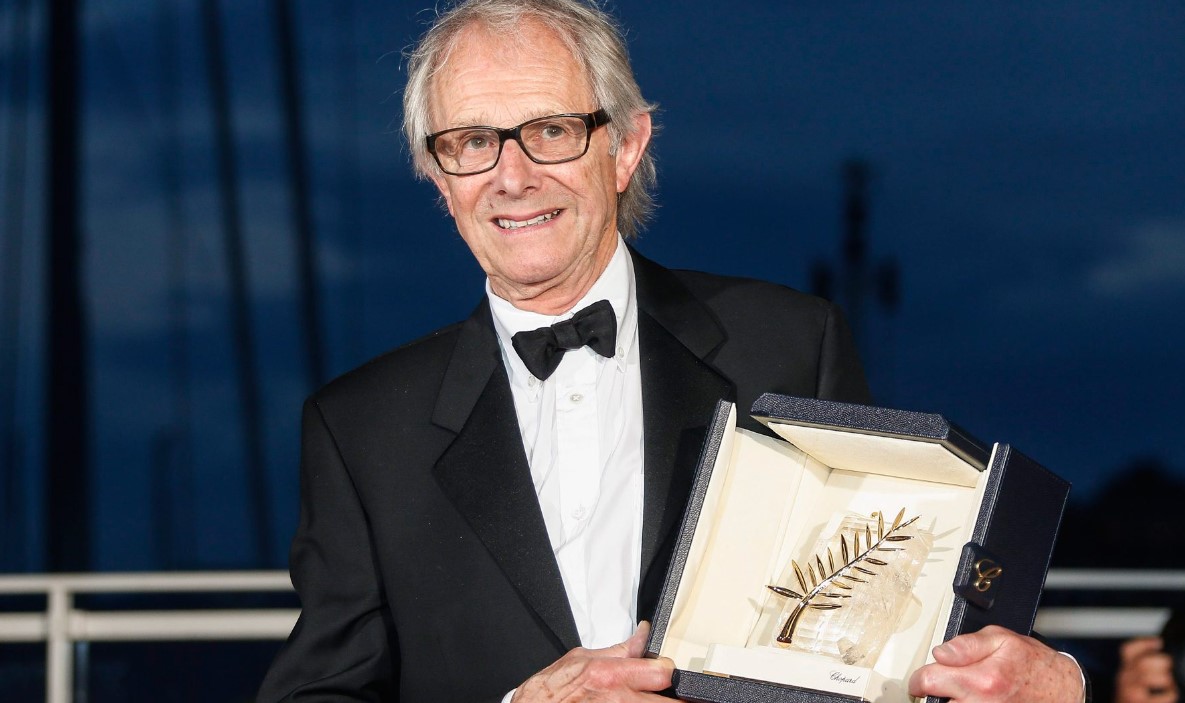
Ways to Contact Ken Loach:
1. Facebook Page: NA
Ken Loach has a Facebook account where he publishes his pictures and videos. The above-mentioned URL will take you to his profile. It has been verified, and we can certify that it is a 100% accurate profile of Ken Loach. You may contact him on Fb, which you can find by clicking the link here.
2. YouTube Channel: https://www.youtube.com/user/KenLoachFilms
Ken Loach has his own channel on youtube, where he uploaded his videos for his followers to watch. He has also earned a million subscribers and thousands of views. Anyone interested in seeing his uploads and videos may utilize the account URL provided above.
3. Instagram Profile: NA
Ken Loach even has an Instagram account, in which he has over a thousand followers and gets over 100k likes per posting. If you would like to view his most recent Instagram pics, click on the link above.
4. Twitter: https://twitter.com/KenLoachSixteen
As of yet, Ken Loach has gained a large number of followers on his Twitter account. Click on the link above if you’re willing to tweet it. The link above is the only way to get in touch with him on Twitter.
5. Phone number: NA
Ken Loach’s many phone numbers have been released on Google and the internet, but none of them truly function. However, we’ll let you know as soon as we’ve located an exact number.
6. Fan Mail Address:
Ken Loach
Nuneaton,
United Kingdom
7. Email id: NA
8. Website URL: NA
Also Checkout: How to Contact Douglas Murray: Phone Number, Email Address, Fan Mail Address, and Autograph Request Address
